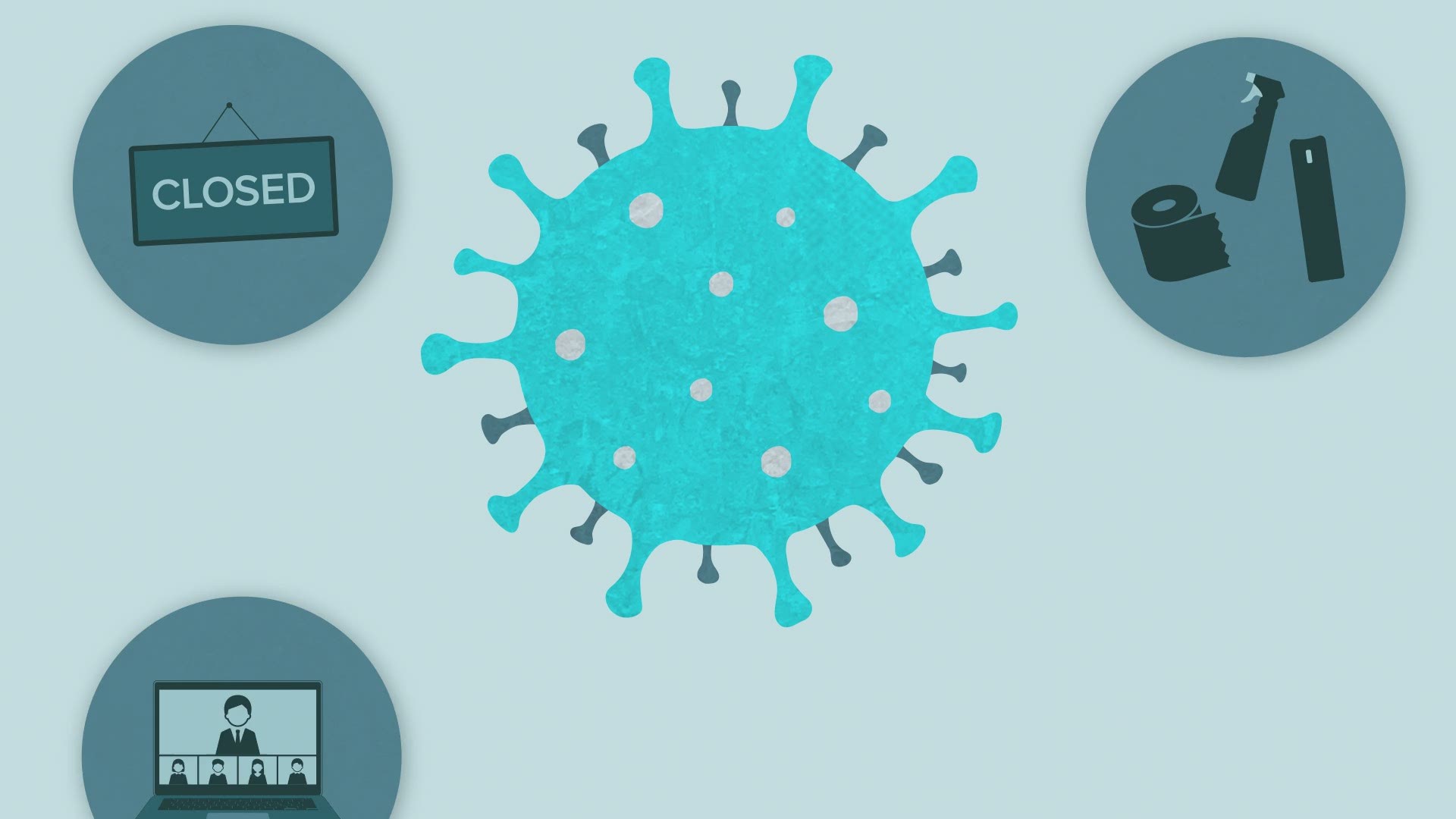As the novel coronavirus (COVID-19) pandemic rages on throughout the world, the ability to test, not just those who have the virus, but also those who had it is becoming that much more important.
So, how do we do that and what tests are necessary? Well, it really comes down to two tests.
The first one you likely know well, although probably not by its name.
It's the PCR, or polymerase, chain reaction testing. It's done using a nasal swab that collects cells and then those cells are sent to a lab where the lab tech attempts to turn RNA into DNA, with the help of enzymes.
This test will tell someone if they have the coronavirus or not.
But what about those who had the virus? Scientists call the second test a serological test, we'll just call it an antibody test.
This test actively looks at antibodies in the blood, those are antibodies produced to fight off the disease.
If you had the novel coronavirus, even if you didn't know it, you will have antibodies - and those antibodies provide a level of immunity.
As many as one in five infected with this virus don't show symptoms. But anyone with the antibodies could go back to work, back to school, and back to ERs and ORs without fear of infection.
So, the more we test, the more we'll know about this virus that's too small to see and what it's been up to.
Millions of tests might be necessary, but the sooner we know where the virus is hiding, the better the odds of us putting an end to this deadly pandemic.

